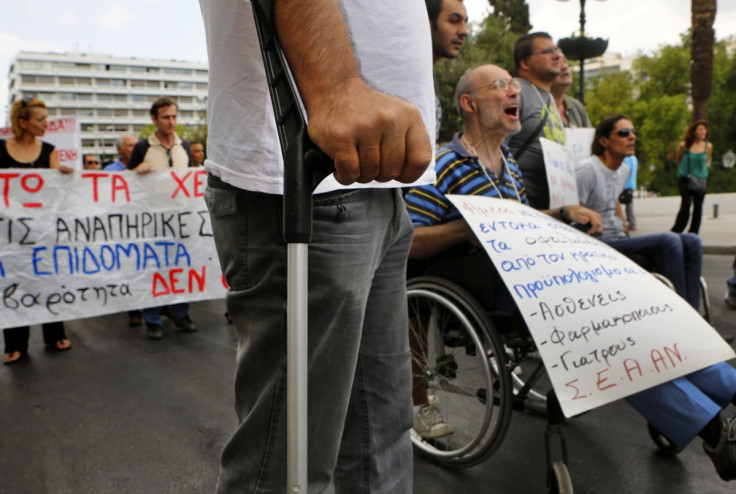MS Sufferers Blocked from 'Life-Changing' Cannabis-Based Drug Sativex and Mobility Medicine Fampyra

People with multiple sclerosis are on the verge of being denied two drugs that help alleviate pain as a result of new NHS recommendations.
Fampyra and cannabis-based sativex have been licenced in recent years to help people who experience mobility problems and muscle spasms.
However, the National Institute of Health and Care Excellence (Nice) is due to reject the drugs as treatments for MS, with experts saying they are not cost-effective.
In a letter to the Daily Telegraph, a group of experts including the head of the MS Society and seven neurologists say Nice has not taken full account of the "life-changing" differences the two drugs make to sufferers' lives.
"Nice is proposing to block access to two potentially life-changing MS treatments which are licensed and proven to be effective at helping people walk more easily and control painful muscle spasms," they wrote.
"If this guideline remains unchanged, people will be forced to pay privately, or face the agonising daily frustration of living with painful and debilitating symptoms, knowing there are drugs that may help them, but that they can't get access to."
Fampyra helps treat mobility problems, while sativex can be used to treat muscle spasms. On a private prescription, they would cost an MS surferer between £200 and £350.
The experts said Nice has over-estimated how much medication people would need for the drugs to be effective.
It is estimated that of the 100,000 people in the UK with MS, 40,000 would benefit from fampyra and sativex.
Michelle Mitchell, chief executive of the MS Society, told the Telegraph: "We understand that Nice has to make difficult decisions which balance cost to the NHS with the efficacy of a given treatment. But we don't understand why Nice deliberately excluded organisations that represent people with MS from a process which resulted in a proposal that two relatively affordable drugs with proven efficacy should be not be used in the NHS."
Willy Notcutt, Consultant in Pain Management at James Paget University Hospital, Norfolk, added: "Many people, including doctors, don't really understand how unpleasant symptoms such as spasms are - for example someone screaming in pain whenever someone tries to wash them.
"For many of them these treatments are invaluable and make life worth living again."
Nice said organisations will have their chance to comment and that the guidelines will be revised if new evidence emerges in support of fampyra and sativex.
© Copyright IBTimes 2025. All rights reserved.




















